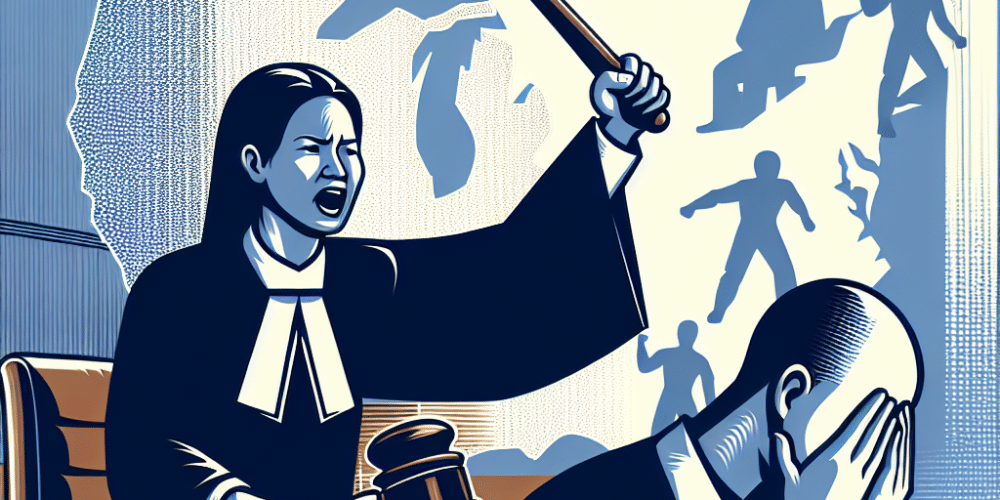Evolution AB, a prominent Swedish gaming company, achieved a major legal victory in the United States when the US District Court for the Eastern District of Pennsylvania dismissed a securities fraud lawsuit against it. The definitive ruling, delivered by Judge Mia Roberts Perez on September 5, 2023, concludes a protracted legal battle that revolved around claims made by investors in unsponsored American Depository Receipts (ADRs) associated with Evolution’s shares on the Stockholm stock market.
The lawsuit accused Evolution and its top management of misleading investors concerning its business growth and regulatory compliance from 2019 to 2023. The investors claimed that Evolution’s American subsidiaries were mere “alter egos” of the company, thus making Evolution liable under US securities laws.
Earlier in the year, the court had dismissed all claims against Evolution’s CEO, Martin Carlesund, and former CFO, Jacob Kaplan, leaving the corporate entity as the sole defendant. With Judge Perez’s recent dismissal of these claims with prejudice, they cannot be refiled, and the 30-day appeal period has now lapsed, bringing the case to a definitive close.
In her ruling, Judge Perez emphasized that the court lacked personal jurisdiction over Evolution, as the plaintiffs failed to demonstrate that the company directed its activities specifically at Pennsylvania. She pointed out that Evolution’s subsidiaries in the United States operated independently, without the necessary level of control by the parent company that would fulfill the legal requirements for an “alter ego” relationship. This legal separation underscored a typical parent-subsidiary dynamic, thereby absolving Evolution of direct liability.
The court further concluded that because Evolution neither authorized nor participated in the distribution of the unsponsored ADRs, the Swedish company was not responsible under US securities law. Judge Perez highlighted that the mere presence of US subsidiaries does not suffice to hold a foreign parent company accountable. This judicial perspective effectively counters the plaintiffs’ argument and sets a significant precedent for international companies facing similar lawsuits in the future.
Despite this victory, Evolution continues to navigate other legal challenges. In Nevada, a high-profile dispute with Light & Wonder persists. A federal court has recently ruled that while the companies must arbitrate claims related to trade secrets, they can pursue patent infringement allegations separately. An upcoming status conference on October 30 is expected to delineate the path forward for these dual proceedings.
This court ruling is a decisive win for Evolution, granting the company a measure of certainty in an otherwise complex legal landscape. It also aids Evolution’s efforts to counter allegations of wrongdoing from investors and critics. The decision might act as a safeguard against future accusations, potentially influencing how similar cases are adjudicated.
However, this is not to say that the legal landscape is entirely favorable. Critics argue that the decision might embolden companies to exploit corporate structures to dodge accountability. They stress the importance of stringent regulations to ensure that parent companies cannot hide behind their subsidiaries to avoid liability. It’s a reminder that the balance between international business operations and regulatory oversight remains delicate and often contentious.
Nonetheless, Evolution can now focus on its core business activities without the immediate distraction of this particular legal battle. As the global gaming industry continues to evolve, the company is positioned to leverage this win to reinforce its reputation and investor relations. The court’s decision may also reassure international businesses that maintaining clear operational boundaries between parent companies and their subsidiaries can be a viable defense strategy in securities litigation.
As industries worldwide navigate the complexities of global markets, Evolution’s case serves as a critical reminder of the importance of legal clarity and the potential ramifications of corporate entanglements across borders. The court’s findings reflect a broader context in which multinational corporations must carefully manage their organizational structures to mitigate legal risks.
While the dust settles on this particular case, Evolution and other similar companies must remain vigilant, balancing growth ambitions with the nuances of international law. The gaming industry, particularly, with its rapid expansion and regulatory challenges, continues to provide a vivid backdrop for such legal dramas. As Evolution moves forward, the lessons learned from this legal battle will undoubtedly influence its strategic decisions and operational frameworks in the years to come.

David Garato is a luminary in gaming journalism, renowned for peeling back the curtain on the gaming world with his witty and insightful commentary. A decade into weaving stories from the pixelated edges of indie games to the expansive universes of AAA titles, David’s work is a thrilling blend of analysis and adventure. When not writing, he’s live-streaming, sharing his gaming exploits with an engaged and growing audience. David doesn’t just write about games; he lives them, making him a trusted guide in the gaming community.
















